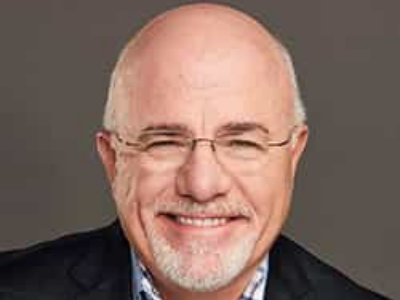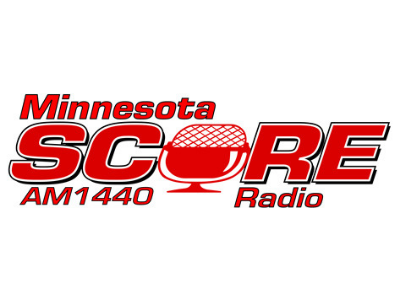Wall Street sees major jump in profits, helped by soaring stock prices and deal making
News > Business News

Audio By Carbonatix
10:13 AM on Tuesday, October 14
By KEN SWEET
NEW YORK (AP) — Wall Street had one of its most profitable quarters ever, if the earnings from four of nation’s biggest banks that reported Tuesday are to be believed; as the companies were helped by a flurry of deal making, soaring stock prices and a global economy that remains resilient despite tariffs and geopolitical upheaval.
Despite the strong earnings from JPMorgan Chase, Citigroup, Wells Fargo and Goldman Sachs, bank executives expressed various degrees of caution about the markets and the economy, including worries that asset prices in some markets have gotten overinflated.
“While there have been some signs of a softening, particularly in job growth, the U.S. economy generally remained resilient,” said Jamie Dimon, chairman and CEO of JPMorgan Chase, in prepared remarks.
“However, there continues to be a heightened degree of uncertainty stemming from complex geopolitical conditions, tariffs and trade uncertainty, elevated asset prices and the risk of sticky inflation,” he added.
JPMorgan Chase said it had a profit of $14.39 billion, or $5.07 a share, up 12% from a year earlier. The other big banks fared just as well, or better. Wells Fargo earned $5.59 billion in profits in the quarter, up 9% from a year earlier.
At Citigroup, the bank had a third-quarter profit of $3.75 billion, up 16%, and Goldman Sachs posted a 37% jump in profits, earning $4.1 billion.
JPMorgan’s consumer banking division had a particularly strong quarter, partly driven its credit card business. The bank has seen consumers spend more, borrow more and be willing to carry a balance on their cards for longer. The bank also upgraded its Chase Sapphire Reserve card this summer, which launched a summer of refreshes by the major credit card companies to keep customers spending on the banks’ high-fee cards.
Other banks also reported strong consumer spending, including Wells Fargo, which said it saw credit and debit card usage rise across all demographics. Citigroup also saw robust spending on its cards as well. None of the banks added significant sums to their loan-loss reserves in the quarter.
Along with a consumer that seems to be holding up, Wall Street is having one of its best years in deal making in a long time. Initial public offerings are back, with several major companies going public this year. Silicon Valley, in particular artificial intelligence companies, have raised tens of billions of dollars in cash to fuel data center buildouts. And private equity is also doing well, most notably the $55 billion buyout offer for video game giant Electronic Arts announced last month.
At Goldman Sachs, investment banking revenues were up 42% to $2.66 billion, and commission and fee revenues were up 27%, driven by the flurry of M&A deals that Goldman’s bankers advised companies on. Citigroup and JPMorgan also saw significant jumps in investment banking and corporate lending revenues.
But despite the soaring stock market and deal making, executives seemed cautious about how much longer the party on Wall Street can last. Prices for flight-to-safety assets like gold and silver have hit record highs or multidecade highs, and the U.S. and China remain in a high-stakes trade war that has put basic goods like steel, soybeans and rare earths in the middle of a geopolitical trade war. There's also the massive rise in stock prices in companies that have any connection to artificial intelligence.
“There’s obviously a lot of uncertainty that still persists around tariffs, around inflation, around what it could mean for the labor market,” said Mark Mason, CFO of Citigroup, in a call with reporters. Mason later described some markets as “frothy."
Dimon also expressed similar worries on a call with reporters.
“You have a lot of assets out there which look like they’re entering bubble territory,” he said, when asked to expand on his prepared remarks on elevated asset prices.
Investors have been looking to the big banks as a proxy for the overall economy, while the U.S. government remains shut down and economic data is delayed or unavailable. The banks also historically are at the front of corporate earnings season.
On Wednesday, investors will get results from Bank of America, the nation's second-largest bank by assets, as well as Morgan Stanley, the major investment bank. American Express, the credit card giant and a direct competitor to JPMorgan Chase and Citigroup, will report its results on Friday.







